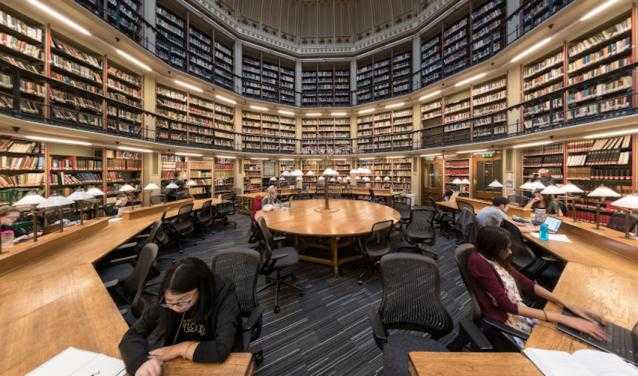Home>Dual Degree in Global and International History with King's College London

18.11.2020
Dual Degree in Global and International History with King's College London
Mario del Pero, Full Professor at Sciences Po's School of Research, Head of Doctoral Studies in History, and architect behind this new dual degree programme, answers our questions.
 Mario del Pero © Sciences Po
Mario del Pero © Sciences Po
How did the dual degree in history originate with King's College?
Mario del Pero: On the one side, King’s is one of Sciences Po’s oldest institutional partners and our graduate schools – particularly PSIA - have already established various collaborations together, including some dual master programmes. On the other, King’s Department of History and our Centre d’Histoire have promoted new forms of cooperation and faculty exchange. King’s Department of History is among the best in Europe and the world in terms of the quality of research it produces, the variety of degrees it offers and the broad range of historical fields its faculty can cover. It is in many ways an ideal partner for us. Finally, as it is always the case, personal connections and relations played a role. I could name many colleagues who have been involved and have contributed to this partnership, but someone at King’s who has really helped the development of this collaboration is Jeremy Jennings, a great scholar of French political thought, a friend of Sciences Po (he still teaches on the Menton campus) and currently one of the external members of the Council of the Centre d’Histoire.
What is the originality of the dual degree? What are its benefits?
Mario del Pero: Two of the best European centres for the study of history join forces to offer a unique degree in International/Global History. Students will be able to choose among an extraordinarily rich offer of courses, they will experiment two different teaching models and engage in various activities – seminars, workshops, practical training in archives, just to mention a few – offered in English and French. They will be exposed to a variety of methodologies, scholarly approaches and historiographical debates. They will be able to build specific individual paths, suited to their interests, passions and curiosities. The only comparable Master – and it’s a very successful one – is the MA/Msc in International/World history of Columbia/LSE. Given what we can offer, and how complementary King’s and we are, I am confident that we are in the same league and will attract high-quality students. As for the benefits, students will have the possibility to develop an unparalleled knowledge of modern international history; they will of course be prepared to apply for major PhD programmes, at Sciences Po and in the world. But research and academia is just one of the many options available to them at the end of the degree: from research institutes to museums, from journalism to editing and information services, there are multiple professional opportunities for the graduates of this programme.
How do students apply for the dual degree?
Mario del Pero: The application procedure is the same as for all the masters at Sciences Po. A joint committee including faculty members from both Sciences Po and King’s College will assess the applications and select the candidates.
What subjects are taught and how are the studies organised?
Mario del Pero: Students choose among a broad variety of courses. The first year is spent at Sciences Po and the second at King’s, where they are able to choose between the Master in Modern History and the Master in World History and Civilization. We have two approaches that are a bit different: at Sciences Po students attend a large number of courses and tutorials, whereas at King’s they spend less time in class and more time is devoted to writing papers and preparing for seminar discussions. We believe that this adds to the strength of the programme because the two models complement each other well.
What career opportunities are open to graduates of the programme?
Mario del Pero: A natural continuation of the programme is to pursue research at the PhD level,so forming young historians. It’s far from being the only option, however. Think tanks, research centres, museums, cultural events and festivals, journalism, European and international institutions, civil service: there are so many potential paths for graduates of such a rich and qualifying master’s programme.
What does it mean to be a 'historian' today? What is his or her role?
Mario del Pero: It means first and foremost being aware of the complexity (and sometimes contingency) of complex social, political and economic historical processes; not to take anything for granted; to constantly inquire and challenge the object of our study, looking for causality as well as for accidentality as key drivers of history. And it is primarily this awareness of complexity that we aim to bring to public debate, where historians should strive to intervene more, and transmit to our students.
More information